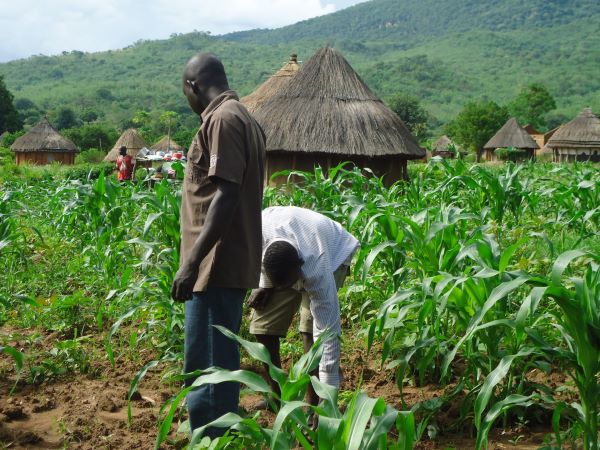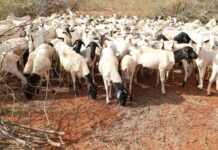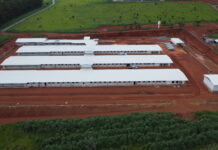Despite the farming input distribution hiccups, Zambia remains food secure with the country securing over 62, 000 metric tons of maize and soya beans during the just ended marketing season only in Eastern province, sharing the border with Malawi .
The Food Reserve Agency has to date, mopped 1.2 million bags and over 62,416 tons of maize and soya beans in various districts in the region and paid in excess of K225 million to farmers that sold the crop to the agency, the Times of Zambia reported citing Chief executive officer, Chola Kafwabulula.
The agency was buying a 50 kilogram bag of maize at K180 while that of soya beans fetched K550, with several farmers showing interest in doing business with the country’s food storage authority, compared to the past when much of the staple food-maize was smuggled to neighbouring Malawi.
Despite the agency having projected to procure 1,500 metric tons of soya beans for home and regional market demands, it only managed a paltry 103,000 metric tons of the crop. He attributed the favourable response towards soya beans purchase to the revised pricing which encouraged output in the area.
President Hakainde Hichilema has in recent past encouraged input facilitation to rural farmers for reciprocal action on increased output and fulfil Zambia’s desire to meet demand for farm produce to the continent threatened by food crisis because of geopolitical concerns and unpredictable global fuel costs.
Zambia has maintained the number to 1 million of small holder farmers to benefit from the inputs under the Fertiliser Input Support Programme (FISP) but the process of distributing them has faced numerous challenges resulting in delayed delivery to recipients countrywide.
Arguably, the Government had targeted to embrace 1, 024, 434 farmers to remain on FISP, the exact number as last year who are entitled to a total of six bags of fertilizer per farmer during the 2022-2023 agriculture season, minister Reuben Mtolo assured law makers, with each expected to contribute K400 towards the subsidised input.
The government had decided that the FISP for the next agriculture season will be implemented using the direct input supply modality due to the uncertainty surrounding the Russia-Ukraine war which has affected fertilizer supply on the global market, he told FRA.
“Revision of the input pack under the program will be as follows: a total of six bags of fertilizer per farmer will be given out of which three will be basal dressing and three top dressing. A 10 kg of maize seed will be given to all the beneficiaries.”
“A supplementary bag of either 1 by 25 kg of soya bean seed or 1 by 20 kg of groundnut seed will be given to half of the group meaning 500, 000 farmers will get soya beans and the other 500, 000 will get groundnuts,”
The Ministry in collaboration with other agencies have teamed up to ensure ‘ghost farmers’’ were eliminated to defray costs. The FRA had extended beyond 31 August deadline the procurement of farming produce across the country to ensure enough was mopped and stored in strategic reserves
By 25 August this year FRA had mopped and bought over 133 million tons of maize, against the projected minimum of 170,000 metric tons, soya beans, 35,232.30 metric tons against a Minimum of 1,500 metric tons and paddy rice accounted for 89.84 metric tons against 1,000 metric tons from the small holder farmers.
The purchases of various crops countrywide amounted ZMW 529 million (US$79,350) for Maize, Soya beans and Rice was part of the crop purchasing programme, FRA Executive Director, Dr. Chola Kafwabulula said recently.
A total 244,922 metric tons was bought for maize at K312 million with the maize valued at 881 million. Soya beans was the much sought after crop during the just ended but ere-opened crop marketing season in the history of the Agency, recording K217 million Kwacha for 80,000 metric.
A total of K276, 000 had been spent on purchasing 322 metric tons at a value of K2 million.








